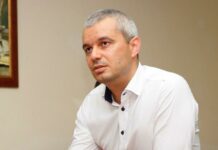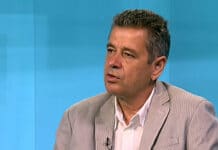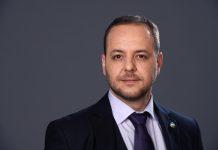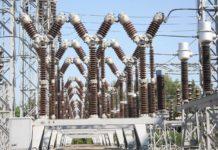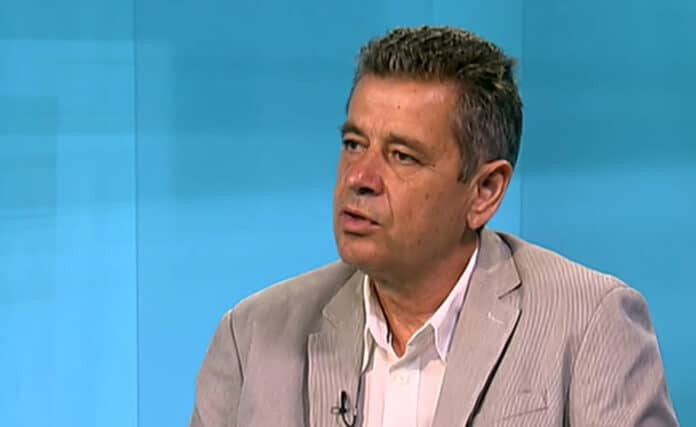
„Belene NPP is a very difficult project. It was composed, prepared and quite well developed under very different conditions. Its organization started before Bulgaria became a member of the European Union. It then managed to attract a very powerful Western strategic partner in RWE, but after 2009 the project underwent a significant change. On several occasions its implementation was denied. All these aspects accumulate negatives and reduce the possibilities for such a large project to happen.“
This is what Anton Ivanov, an expert from the Bulgarian Energy and Mining Forum, told Iskra.bg. He explained that currently the topic of the Belene NPP project has come up again on the agenda in connection with the fact that the European Commission (EC) is of the opinion that nuclear energy is green, low-emission energy, i.e. it can be supported financially. And this raises the question whether this project can be included. But here is Ivanov’s opinion:
„I consider that the current proposal, which ties this project to the production of hydrogen, is economically very difficult to defend. There is no visible presence of a large investor who would be interested in the realization of production from such a plant tied to hydrogen. This is a rather complex scheme, which in fact has no other analogue yet, and I am skeptical that it can find its implementation and partners.“
The expert stressed that, on the other hand, the delay in the use of the assets of the Belene NPP by one or two years would totally deprive Bulgaria of the opportunity to realize any income from these assets. And this is because in recent years the implementation of projects for small modular reactors has accelerated tremendously. And our main partners in the European Union /EU/ are looking precisely in this direction. They are still at an early stage of development, but according to Ivanov, in two or three years they will all be oriented towards this type of technology and will not deal with large projects such as the Belene NPP.
„That is why Bulgaria must find the strength to make a realistic assessment of what the chances are to realize the project with the supplied equipment designed by Russia, for which we are an enemy country. The other option is to find a partner and offer this equipment to that partner“, he explained.
Ivanov emphasized that the sale of the equipment is only one of the possibilities. The other is with NEC as owner entering as an asset in a new project and continuing to earn as a shareholder in a nuclear power plant company. The expert believes that this project may not be in Bulgaria:
„At the moment there is interest, and I do not believe that anywhere else such interest will arise and a project with these reactors will be implemented in Ukraine, where the construction of nuclear units of this type has begun at an early stage. The Ukrainians have developed their infrastructure in such a way that they are absolutely independent from the Russian side, and they have an interest at the moment in using the equipment that is in Bulgaria in order to be able to complete two new blocks on their own site as quickly as possible, because in Ukraine the need for energy will be greater and greater. In this sense, in my opinion, it would be beneficial for NEC and Bulgaria to participate in the project with its own assets and have a positive financial income in the years to come, but not at a site in Bulgaria, but at a site 500 kilometers away from Bulgaria“, Ivanov explained his view.
He stressed that it was obvious that Ukraine would receive very powerful financial support from its partners and it would be not only for the reconstruction of the common infrastructure, but also of the energy infrastructure. In his words, it is working very well with American and European partners, and the nuclear units themselves will operate with American fuel and there is a trilateral interest in the implementation in this direction.
„So in Ukraine, the possibilities for the realization of this project and the obvious presence of a market for the realization of this energy is a much more objective opportunity to focus on, instead of looking for realization in Bulgaria on the basis of additional investments for expensive hydrogen installations“, Anton Ivanov also emphasized.

